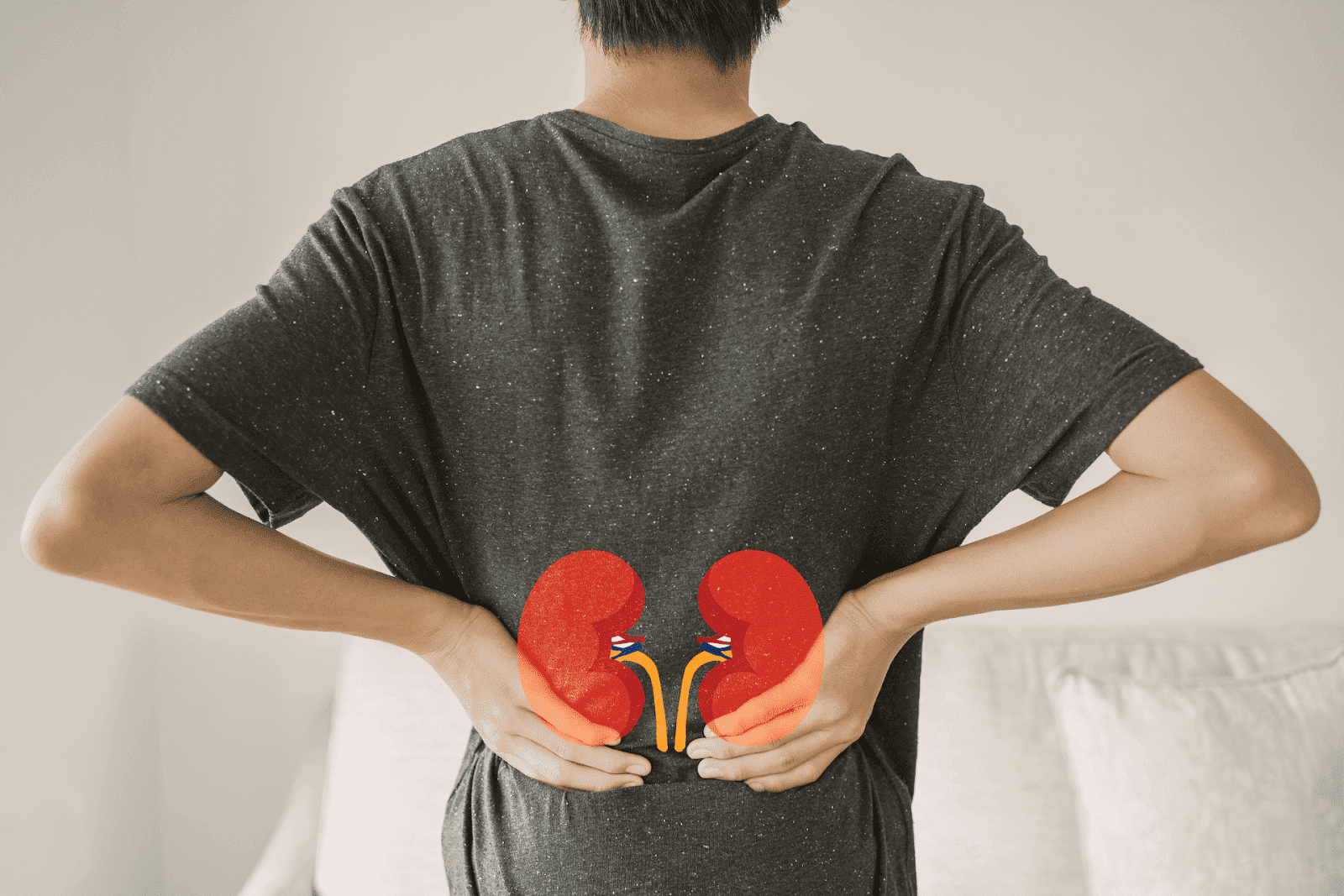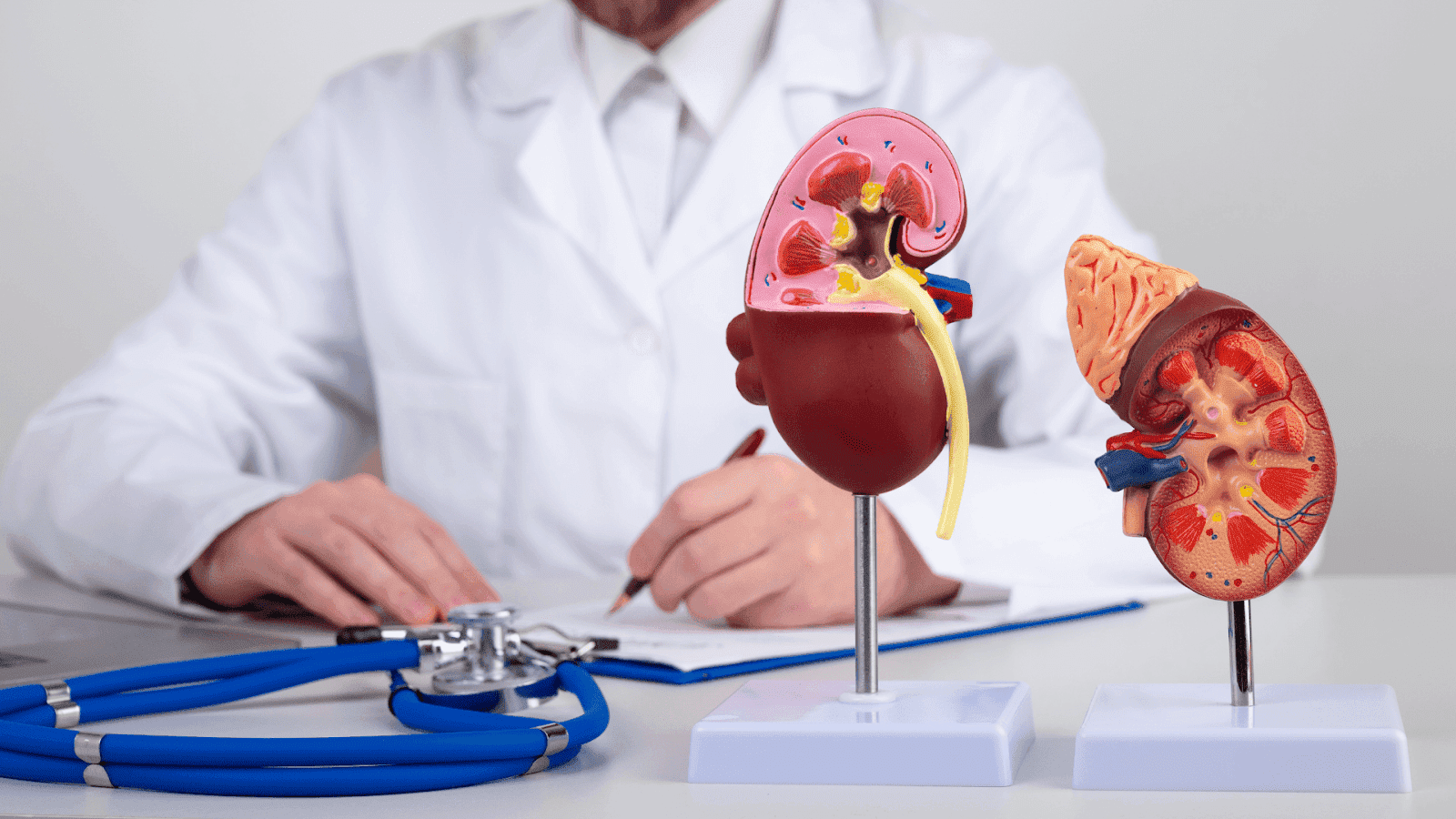Dehydration is a common condition that can affect people of all ages, but it is especially concerning when it impacts vital organs like the kidneys. The kidneys play a crucial role in filtering waste, balancing fluids, and maintaining overall health. When dehydration occurs, kidney function can be compromised, leading to potential complications if not addressed promptly. Understanding how long it takes for your kidneys to recover from dehydration, the factors that influence recovery, and when to seek medical advice is essential for maintaining kidney health.
What Happens to the Kidneys During Dehydration?
When the body becomes dehydrated, it lacks sufficient fluids to carry out normal physiological functions. The kidneys respond by conserving water, reducing urine output to prevent further fluid loss. This process, while protective, can strain the kidneys and affect their ability to filter blood effectively. The kidneys play a crucial role in maintaining the body's fluid balance, and when they sense a decrease in hydration, they trigger a series of hormonal responses. For instance, the release of antidiuretic hormone (ADH) increases, prompting the kidneys to reabsorb more water back into the bloodstream, which can lead to concentrated urine.
Severe or prolonged dehydration can lead to acute kidney injury (AKI), a condition where the kidneys suddenly lose their filtering ability. This can cause waste products to accumulate in the body, electrolyte imbalances, and, in extreme cases, permanent kidney damage. The kidneys are not only responsible for filtering waste but also for regulating essential minerals like sodium and potassium. When dehydrated, the body may struggle to maintain these balances, leading to complications such as hyperkalemia, which can affect heart function. Early recognition and treatment of dehydration are therefore critical to prevent lasting harm. Hydration strategies, including oral rehydration solutions or intravenous fluids in severe cases, can help restore kidney function and overall health.
 Signs of Kidney Stress Due to Dehydration
Signs of Kidney Stress Due to Dehydration
Some symptoms indicating that dehydration is affecting kidney function include dark-colored urine, reduced urine volume, fatigue, dizziness, and swelling in the legs or ankles. The color of urine can serve as a quick indicator of hydration status; a pale yellow hue typically signifies adequate hydration, while a darker shade may suggest a need for increased fluid intake. In more severe cases, nausea, confusion, and chest pain may occur, signaling the need for immediate medical attention. Additionally, individuals may experience a dry mouth or skin, increased thirst, and headaches, which are common signs of dehydration that can further exacerbate kidney stress. Recognizing these symptoms early can be vital in preventing more serious complications, making it essential for individuals, especially those in hot climates or engaging in strenuous activities, to remain vigilant about their hydration levels.
How Long Does Kidney Recovery Take After Dehydration?
The recovery time for kidneys after dehydration varies widely depending on several factors, including the severity of dehydration, underlying health conditions, age, and how quickly rehydration begins. Mild dehydration typically results in a quick recovery, often within a few hours to a couple of days once adequate fluids are restored.
In cases of moderate to severe dehydration, especially when acute kidney injury has developed, recovery can take several days to weeks. Hospitalization may be required for intravenous fluids and close monitoring. With prompt and appropriate treatment, most people’s kidneys recover fully, but some may experience lingering effects or chronic kidney issues if damage was extensive.
Factors Influencing Recovery Time
Severity of Dehydration: The more severe the fluid loss, the longer the kidneys need to heal.
Age and Overall Health: Older adults and those with pre-existing kidney or cardiovascular conditions may face prolonged recovery periods.
Speed of Rehydration: Early and adequate fluid replacement accelerates recovery.
Underlying Medical Conditions: Diabetes, hypertension, and other chronic illnesses can complicate kidney recovery.
Additionally, the type of fluids used for rehydration can also play a crucial role in the recovery process. Electrolyte solutions, for instance, can help restore the balance of essential minerals lost during dehydration, which is vital for kidney function. In some cases, healthcare providers may recommend specific hydration strategies tailored to individual needs, especially for those with chronic conditions that may affect kidney health. It’s important to consider that the kidneys are resilient organs, but they require proper care and attention to recover fully from episodes of dehydration.
Moreover, lifestyle factors such as diet and hydration habits post-recovery can significantly impact long-term kidney health. A balanced diet rich in fruits, vegetables, and adequate hydration can support kidney function and help prevent future dehydration episodes. Regular check-ups with a healthcare provider can also ensure that any potential kidney-related issues are addressed early, allowing for timely intervention and management. Understanding the importance of hydration and recognizing the signs of dehydration can empower individuals to take proactive steps in maintaining their kidney health.
How to Support Kidney Recovery After Dehydration
Proper care and hydration are essential to help your kidneys bounce back after dehydration. Here are some practical steps to support kidney health during recovery:
1. Rehydrate Gradually and Effectively
Drinking water is the most straightforward way to rehydrate. For mild dehydration, sipping water throughout the day is sufficient. In cases of moderate dehydration, oral rehydration solutions containing electrolytes may be necessary to restore balance. Avoid caffeinated or alcoholic beverages as they can worsen dehydration.
2. Monitor Urine Output and Color
Tracking urine volume and color can provide valuable insight into hydration status. Clear or light-yellow urine typically indicates good hydration, while dark urine suggests the need for more fluids.
3. Avoid Strenuous Activity
Resting and avoiding excessive physical exertion help reduce the workload on the kidneys and prevent further fluid loss through sweating.
4. Follow a Kidney-Friendly Diet
Eating a balanced diet rich in fruits, vegetables, and low in sodium supports kidney function. Limiting processed foods and excessive protein intake can also ease kidney strain during recovery.
When to Seek Medical Help for Kidney Issues Related to Dehydration
If symptoms of dehydration persist despite rehydration efforts, or if signs of kidney distress such as swelling, severe fatigue, or changes in urine output occur, it is important to consult a healthcare professional promptly. Early intervention can prevent complications and promote faster recovery.
For convenient and affordable medical advice, consider using telehealth services like Doctronic.ai. Doctronic offers 24/7 access to licensed doctors across all 50 states, providing expert guidance on kidney health and dehydration management from the comfort of your home. Their AI-powered platform synthesizes the latest medical research to deliver accurate, personalized care quickly and efficiently.
Preventing Dehydration to Protect Your Kidneys
Prevention is always better than cure, especially when it comes to kidney health. Staying well-hydrated is key to avoiding dehydration and its potential impact on the kidneys. Here are some tips to help maintain optimal hydration:
Drink water regularly throughout the day, even if you do not feel thirsty.
Increase fluid intake during hot weather, exercise, or illness.
Limit consumption of diuretics such as caffeine and alcohol.
Pay attention to early signs of dehydration, especially in children and older adults.
In addition, if you experience symptoms or have concerns about your kidney health, Doctronic.ai can provide immediate access to quality medical care. Their AI doctor service offers free AI-driven consultations and affordable telehealth visits, revolutionizing how patients receive primary care.
 Protecting Your Kidneys: Act Early, Stay Healthy
Protecting Your Kidneys: Act Early, Stay Healthy
The kidneys are remarkably resilient organs, capable of recovering from dehydration if addressed promptly and properly. Recovery time varies depending on the severity of dehydration and individual health factors, but mild cases often resolve within hours to days. Supporting kidney recovery through adequate hydration, rest, and a healthy diet is essential.
When in doubt, seeking professional medical advice is crucial. Telehealth services like Doctronic.ai provide fast, reliable, and affordable access to healthcare professionals who can guide you through dehydration treatment and kidney care. By staying informed and proactive, you can protect your kidneys and maintain your overall health for years to come.
Experience the Future of Kidney Care with Doctronic
Don't let dehydration compromise your kidney health. With Doctronic, you have immediate access to the #1 AI Doctor, offering you personalized, AI-powered medical advice in seconds. Our platform provides the most up-to-date, peer-reviewed medical expertise, tailored to your unique health needs. Whether you're seeking a quick AI consultation or a comprehensive telehealth visit, Doctronic is here for you 24/7, in all 50 states, at an affordable price. Over 10 million people have trusted us with their care, and you can too. Skip the line. Talk to an AI Doctor Now, for free.



 Signs of Kidney Stress Due to Dehydration
Signs of Kidney Stress Due to Dehydration Protecting Your Kidneys: Act Early, Stay Healthy
Protecting Your Kidneys: Act Early, Stay Healthy